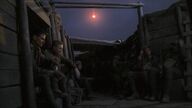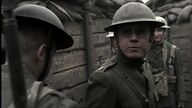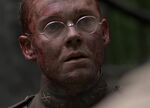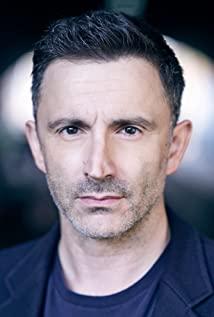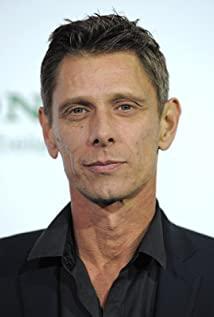After watching it, I felt it was good, and after I wanted to know, I checked the protagonist in the film: Major Whittlesey, whose birth and growth were omitted, after being rescued from the encirclement on October 7, 1918, as follows:
Promoted from major to lieutenant colonel;
10.29 Repatriated to the United States;
12.5 Honorably discharged according to Special Orders No. 259;
12.6 Received the Medal of Honor (the highest medal in the U.S. Army, two of his subordinates also received this medal);
1919-1920 Return to the original law firm So (he co-founded with friends);
as a hero does not like to attract attention, modest and sensitive, reluctant to talk too much about the war, the necessary speech is also mainly about the bravery of comrades in arms;
began to serve the Red Cross Roll in late 1919 Call;
was promoted to colonel in 1921 and led the 108th Reserve Division (he felt he could not refuse the job);
booked a ferry ticket to Havana on November 24, 1921, having already arranged all his own events, including paying the owner the rent for the next few months;
11.26 jumped into the sea from the deck to commit suicide;
all his friends didn't know about his travel plans and didn't believe he was going to kill himself, but he left the ones closest to him received letters, including his parents, two brothers, uncles and several friends;
the letters did not reveal the reasons for his suicide, and those who received the letters refused to do so;
(Several theories existed at the time as to what had pushed Whittlesey to such depths of depression. Those close to him believed that his death could be counted among the War casualties in as much as it was his sensitivity to the constant reminders of the destruction of the War that drove him to suicide. Some believed that his suicide was caused by feelings of guilt: the possibility that he had given incorrect coordinates to the 'Pocket', thereby causing friendly fire, or having refused to surrender to the Germans, leading to increased loss among his men. Others believed that it was his modesty and inability to adjust to the life of a hero that caused the depression that eventually ended his life. Whatever the exact reason may have been, it is clear that Whittlesey's death was indirectly related to the unhappiness which befell him after his experiences in the War.)
His will included leaving the original German letter of exhortation to his comrades (who also received the Medal of Honor), and leaving his medal to his law firm partner, for his The brother paid off his debts and left all his belongings to his mother;
the battle is still remembered and praised for many years after his death;
the Charles White Whittlesey was established for him at the Williams Club in New York in 1948 Room, George McMurtry and Williams University Dean James P. Baxter attended the memorial service, where a statue of Colonel Whittlesey (he graduated from Williams University) was unveiled.
View more about The Lost Battalion reviews




